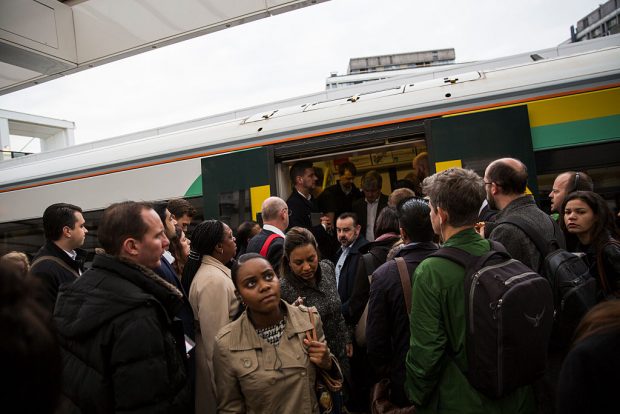Leaving the EU was all about taking back control – and it’s time to do the same with Britain’s foreign aid budget, says the Daily Telegraph. It describes the target set by David Cameron for the UK to spend 0.7 per cent of its GDP on foreign aid as ‘ill-judged’. Making a comparison with the Brexit vote, it warns the Government to listen to voters’ concerns about the levels of spending on aid projects, ‘given that the aid target is at least as unpopular with voters as EU membership was’. The Telegraph goes on to label the money spent on aid projects abroad as having ‘undemocratic origins’ – suggesting that the target for spending is ‘beloved by metropolitan elites’ but largely derided by taxpayers and voters who don’t get a say on where their money goes.
The Daily Mail agrees. The paper says that after the ‘countless stories’ of ‘flagrant waste’ in the way Britain’s foreign aid is spent it’s hard to be shocked – but the paper claims today to have found a story which does just that. The Mail says that the £1bn handed out to thousands of people in some of the most corrupt countries around the world since 2011 amounts to ‘exporting the dole’ – and the paper’s editorial suggests such a use of British taxpayers’ money is madness. So, should the Government stop spending on foreign aid altogether? No, says the Mail: but it’s time to spend it properly. Building hospitals and schools and providing clean water should be the priority, the paper says – not simply dishing out cash.
Many workers face the grim prospect of the daily commute today as millions of Brits return to the office. So what should be done to help out miserable train travellers? The Sun says it’s true that tickets are much more expensive since private firms took charge of operating our railways but while some are suggesting renationalisation as the answer, the paper says we should ignore such calls. The reality is that railways haven’t been privatised enough, says the Sun – which goes on to remind readers of what it calls the ‘disgraceful shambles’ of the now thankfully defunct British Rail. It says that instead of one firm having operating a monopoly in a particular area, several companies should be allowed to run trains on the same line; such a move would bring prices down and hand a New Year boost to fed-up commuters, the paper concludes.
2016 was the most tumultuous year in a generation – but you wouldn’t know it from looking at the financial markets, says the FT. Even after Brexit, Trump, Italy’s referendum and Chinese economic woes, the markets barely shrugged a shoulder. But will this stability continue into 2017? The paper tells readers not to bet on it. ‘If Mr Trump puts into practice his protectionist campaign rhetoric’ markets will react quickly, the paper suggests – and it won’t be a pretty sight. And in Britain, investors will be pinning their hopes on a ‘soft Brexit’ where the UK stays in the single market. 2017 could be the year when the world finds out ‘whether the violence inherent in markets has been well managed — or merely stored up for another day,’ the FT concludes.







Comments